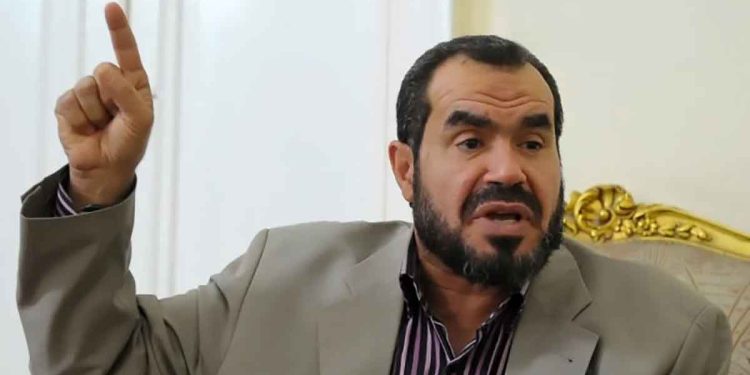51 national and international human rights NGOs have warned of the risk of death of the academic Salah Soltan, 63, who is detained in Egyptian prisons, calling for his immediate release.
In a joint statement, the NGOs urged the Egyptian authorities to ensure immediate and urgent medical care for Soltan, and to investigate allegations of torture and ill-treatment.
Independent doctors said, in letters to US President Joe Biden’s administration, that they feared that Salah Soltan would be at “risk of sudden death” after spending a decade of arbitrary imprisonment on political charges.
On April 20, 2023, Salah Soltan leaked a message saying that the authorities in Badr 1 prison, east Cairo, deprived him of proper health care despite his serious heart and liver conditions, in addition to having other serious diseases.
The NGOs stressed that the deliberate deprivation of health care to which Soltan is subjected may amount to torture.
“In addition to the unfair trial, the Egyptian authorities deliberately violated Salah Soltan’s rights by depriving him of health care”.
“He should at least be transferred by the authorities to a qualified medical facility where he can be treated without hindrance by independent therapists,” said the NGOs.
Prior to moving to the United States, Soltan was a professor of Islamic law at Cairo University, and later founded and chaired the Islamic American University in Dearborn, Michigan, from 1999 to 2004. A permanent resident in America, Soltan has lived and worked in the United States for more than a decade, before his arrest in Egypt in September 2013.
An Egyptian court sentenced Soltan to life imprisonment in September 2017, in a trial that had “severe violations of fair trial standards and legal procedures,” according to the NGOs.
In 2018, the UN Working Group on Arbitrary Detention determined that Soltan’s detention was arbitrary, that the authorities failed to provide credible evidence of his violation of the law, and that his trial violated his rights to political participation, freedom of expression, and peaceful assembly.
Soltan’s family said that the authorities did not provide him with adequate health care, neither to his chronic diseases nor those that he suffered while in prison, including diabetes, high blood pressure, hepatitis C, a herniated disc, and other diseases.
The authorities held Soltan incommunicado several times, sometimes for months, during which the family knew nothing of his health or whereabouts.
Among the most prominent NGOs that signed the statement: the International Federation for Human Rights, Amnesty International, the British Association for Middle Eastern Studies, Democracy Now for the Arab World, the Egyptian Initiative for Personal Rights, Human Rights First, as well as Human Rights Watch and the Syrian Network for Human Rights.
The number of political prisoners in Egypt is about 60,000, of whom 865 died in the past nine years, and 40 in 2022, while deaths inside prisons since the beginning of 2023 are 8 so far.






























